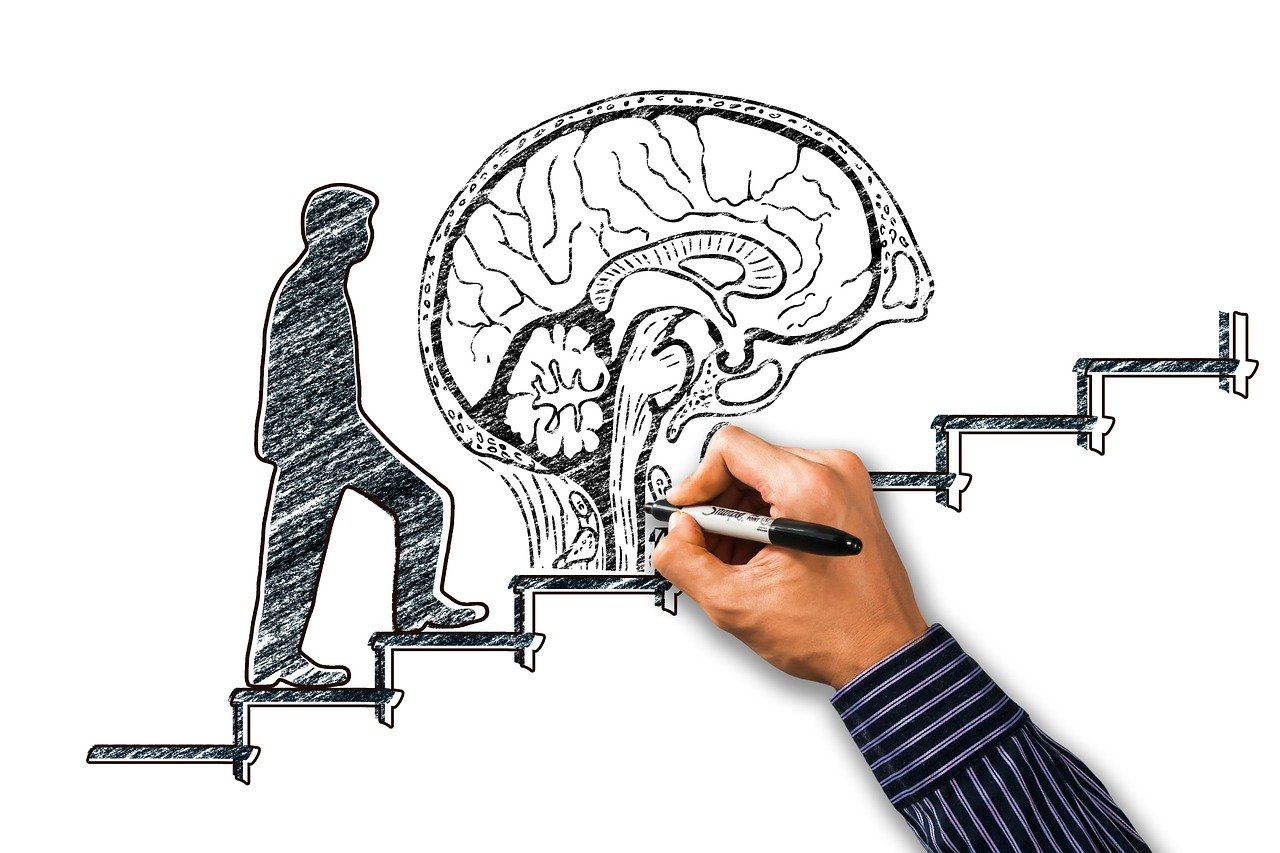Opportunities for vocational training and work experience for people with disabilities are important means to help individuals achieve economic independence and promote social integration. This article aims to highlight the necessity and effectiveness of vocational training for people with disabilities and the advantages that both individuals and companies can gain through work experience opportunities.
Vocational training for people with disabilities
Vocational training is conducted through various programs tailored to the physical and mental characteristics of people with disabilities. For example, vocational training is possible in specialized fields such as information technology (IT) education, basic manufacturing skills, and accounting. Through this training, individuals with disabilities can grow in areas where they can leverage their strengths, which positively impacts not only economic independence but also self-esteem and self-actualization.
People with disabilities may face difficulties in performing general job duties due to their physical and mental characteristics. Jobs that do not consider these characteristics can place excessive burdens on individuals with disabilities, and failing to overcome these challenges can hinder economic independence and increase the likelihood of experiencing decreased self-esteem and social isolation. However, through vocational training, individuals can learn specific tasks and acquire skills suited to them, increasing their chances of finding stable employment.
Vocational training enhances the job adaptability of people with disabilities. Through training, they can understand the basics of work and master the skills required for their jobs, which reduces stress in real work environments. Additionally, they can develop problem-solving skills related to work, collaboration, and time management, enabling them to adapt smoothly in actual workplaces.
Through vocational training, individuals with disabilities come to recognize their abilities anew. Those who have limited their potential due to social prejudices can experience a sense of achievement through appropriate training. In this process, they realize their potential and can set higher goals for the future. This enhances the self-esteem of people with disabilities and contributes to social integration in the long term.
Work experience for people with disabilities
Equally important as vocational training is work experience. Gaining various experiences in a real work environment provides important practical skills that training alone cannot fulfill. Work experience programs serve as a bridge between vocational training and workplace life. Through this, individuals with disabilities can encounter various situations that may arise in the workplace and develop practical response abilities.
Work experience provides individuals with disabilities the opportunity to understand workplace culture and learn interaction methods within the workplace. It is also a time to discover what they are capable of doing. This greatly helps individuals when starting an independent professional life. During the work experience process, individuals can find tasks that suit their aptitudes and improve their practical skills, thereby increasing long-term job stability.
Work experience programs are also a good opportunity from the perspective of companies. In particular, companies that wish to hire individuals with disabilities can directly learn about the roles and tasks that disabled employees can undertake. Since individuals with disabilities can vary greatly depending on their type, observing them perform tasks closely holds significant meaning. Additionally, companies can assess how well the employee fits with their organization and whether their company can integrate well with disabled employees. Furthermore, this can lead to the hiring of disabled job seekers, who have a smaller pool compared to non-disabled job seekers.

The Role of Employers
For the successful vocational training and work experience of people with disabilities, improvements in employers’ perceptions must accompany it. Although social awareness of hiring people with disabilities has increased, many companies still have vague anxieties about employing them. However, employing people with disabilities should not be seen merely as a social responsibility, but rather as a way to introduce diverse abilities and perspectives into the organization. To this end, the benefits of hiring people with disabilities should be emphasized to employers, and appropriate training and the creation of a disability-friendly workplace environment should also be implemented.
Vocational training and work experience programs for people with disabilities are crucial for their economic independence and self-realization, and social support and changes in employers’ perceptions are essential for this. Vocational training and work experience for people with disabilities not only contribute to the growth of individuals but also serve as a foundation for the integration of society as a whole. Working alongside people with and without disabilities can enhance mutual understanding. This will reduce prejudice against people with disabilities and become an important opportunity for achieving social integration.




